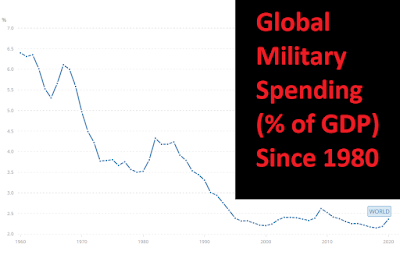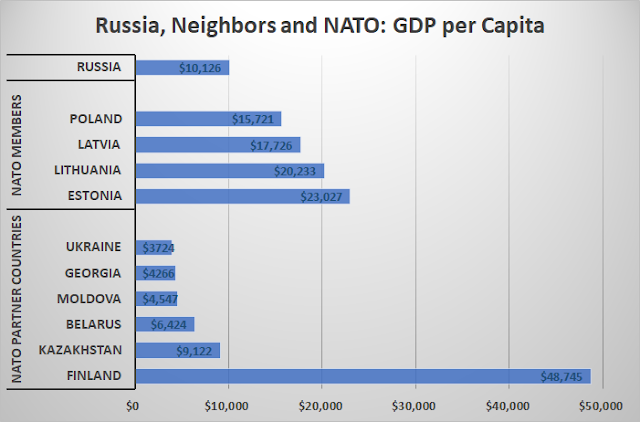Tara Westover was the youngest of seven children born to survivalist parents in Idaho who trusted neither public schools nor the medical establishment. The family avoided birth certificates, telephones, or insurance for the family vehicle – but the father eventually allowed the internet and a few activities for his youngest children like theater, singing and dance. In her memoir, Educated , the author recalls that “Learning to dance felt like learning to belong.” Yet happy memories are few , and the family home was a place for injuries, violence, humiliation and shifting loyalties.
As the youngest, Tara explains how she never knew her father as the carefree, happy man portrayed in an early photograph. For her, he was “a weary middle-aged man stockpiling food and ammunition.” She regularly had to remind her parents of her age, pointing out she was not as old as they assumed, as when at age 10, she had to treat an older brother who didn’t change out of gasoline-soaked pants that were later accidentally ignited and her parents scolded her for using ice-packed garbage bags on the burns.
The fundamentalist Mormon parents insisted they homeschooled the children in basic reading and math skills, but Tara describes how she and her siblings spent most time helping her father in his makeshift scrapyard and the mother with her unlicensed midwifery practice that included collecting herbs and preparing folk medicines. The older boys left home as teenagers for jobs - driving rigs, welding or working scrapyards. But Tyler aspired to attend college, using savings to purchase a trigonometry book and other texts to study. The father, worried about the temptations and disappointments associated with an education, discouraged his children. “College is extra school for people too dumb to learn the first time around,” he retorted. Somehow Tyler’s conviction “burned brightly enough to shine through the black uncertainty,” and the brother did not return home again for another five years.
The family wields religious beliefs and shame as a weapon and means of control. Another brother, Shawn, appoints himself as a guardian over Tara, accompanying her to activities, shaming her for a maturing body, and lashing out with physical abuse when he doesn’t like her clothes or chats with boys. Tara knew that girls had fewer opportunities than boys, and girls could not be a prophet, but conversations with Tyler suggested that she had a “kind of worth that was inherent and unshakable.” Tara detests the shame she feels about Shawn’s accusations and abusive behavior, later admitting that “the only thing worse than being dragged through the house by my hair was Tyler’s having seen it.” Others witnessing the abuse made her shame and pain more real.
As a teenager, Tara increasingly enjoys experiences away from home with other relatives and friends, and begins to question her family's ways. The father is paranoid about the government and Illuminati, and Tara recognizes that when she tries to describe his fears to others, she sounds awkward and rehearsed: “the words belonged to my father” and “I was ashamed at my inability to take possession of them.” Tyler convinces Tara to study for the ACT and apply to Brigham Young College as a homeschooled student. “’There’s a world out there, Tara,’ he said. ‘And it will look a lot difference once Dad is no longer whispering his view of it in your ear.’”
At school, her lack of basic knowledge is stunning. In a class of Western art, she encounters a word she had never seen before – Holocaust – and unfortunately raises her hand to ask its meaning. The professor assumes sarcasm and quickly moves on while other students shun her for what they viewed as a vulgar attempt at humor. She immediately feels like a freak and wonders how everyone around her automatically senses her ignorance. I must admit to cringing at such a question and wondering why she didn't look the word up online. My husband and I both taught undergraduates for more than two decades, and agreed that we would have likely provided a brief definition in class - the Nazis murdered more than 6 million civilians, European Jews and other minorities, men women and children, during World War II - and would have asked to speak with her after class about her purpose in this question. A teacher's duty is to unearth such deficits and provide the student with resources.
Ignorance leads to loneliness for those who mingle with the educated, and education leads to loneliness within the Westover family. When Tara returns home to work one summer, her brother called her vile names, “wh---” and “n-----.” Early on, she tries to pass this treatment off as humor, but after college, the brutality makes her feel uncomfortable and angry: “I had begun to understand that [our family] had lent our voices to a discourse whose sole purpose was to dehumanize and brutalize others – because nurturing that discourse was easier, because retaining power always feels like the way forward.”
Her outlook on life had transformed completely, as Tara heard “a call through time” that shaped new conviction, separating her from the family’s tradition of humiliating others for pleasure. Refusing to go along, she mastered new forms of self-discipline that included thinking for herself, one that included the skills and culture shaping her early life.
While in college, Tara attends a study-abroad program at Cambridge University and must apply for a delayed certificate of birth. Lacking documentation, she relies on an aunt’s affidavit to obtain a passport. During the program, she becomes curious about how historians and other gatekeepers of the past “come to terms with their own ignorance and partiality. I thought if I could accept what they had written was not absolute but was the result of a biased process of conversation and revision, maybe I could reconcile myself with the fact that the history most people agreed upon was not the history I had been taught. Dad could be wrong and the great historians … could be wrong, but from the ashes of their dispute I could construct a world to live in.”
Growing up, she had always yearned for a boy’s “future” – to be a “decider” and to “preside.” As a graduate student, she is elated to discover works by philosopher John Stuart Mill, who "claimed that women have been coaxed, cajoled, shoved and squashed into a series of feminine contortions for so many centuries, that it was now quite impossible to define their natural abilities or aspirations…. Of the nature of women, nothing final can be known.” She explains her reaction: “Never had I found such comfort in a void, in the black absence of knowledge. It seemed to say: whatever you are, you are women.”
Years pass and visits to her family home both terrify and wear her down. She realizes that the disagreement with her parents would never end, and her PhD at Kings College later began with the question: “What is the person to do, when obligations to family conflict with obligations to friends, society or self?”
The Westover parents eventually severe ties with Tyler, Tara and another adult child who pursued higher education that prompt each to question family traditions.
Separation from her family brought Tara peace. “I shed my guilt when I accepted my decision on its own terms, without endlessly prosecuting old grievances, without weighing [her father’s] sins against mine.” Separation allowed her to focus on memories of the most pleasant, productive parts of her childhood. Otherwise, she freed herself from a distorted reality, misinformation and assertive ignorance. “You could call this selfhood many things. Transformation. Metamorphosis. Falsity. Betrayal. I call it an education.”
I began reading and writing about the high rates of illiteracy in Afghanistan in 2010, research that led to the publication of Fear of Beauty. Of course, the United States was not immune from forces rejecting education and science, intent on shaming and controlling others, especially women. “Some illiterate adults have grown up in families and communities that devalue and resent education, trapping generation after generation,” I wrote for the Jungle Red Writers blog in 2013. “Some students were bullied into rejecting reading, and others do the bullying themselves. Some grow up feeling alone and stupid only to discover a learning disability long after school years have ended. Others know that seeking help as an adult takes courage and fiercely rally their children and grandchildren to read and avoid a humiliation that’s so often a motivation for violence.”
Irrational fear, like education, can transform society one family at a time, yet individuals can break the cycle.







